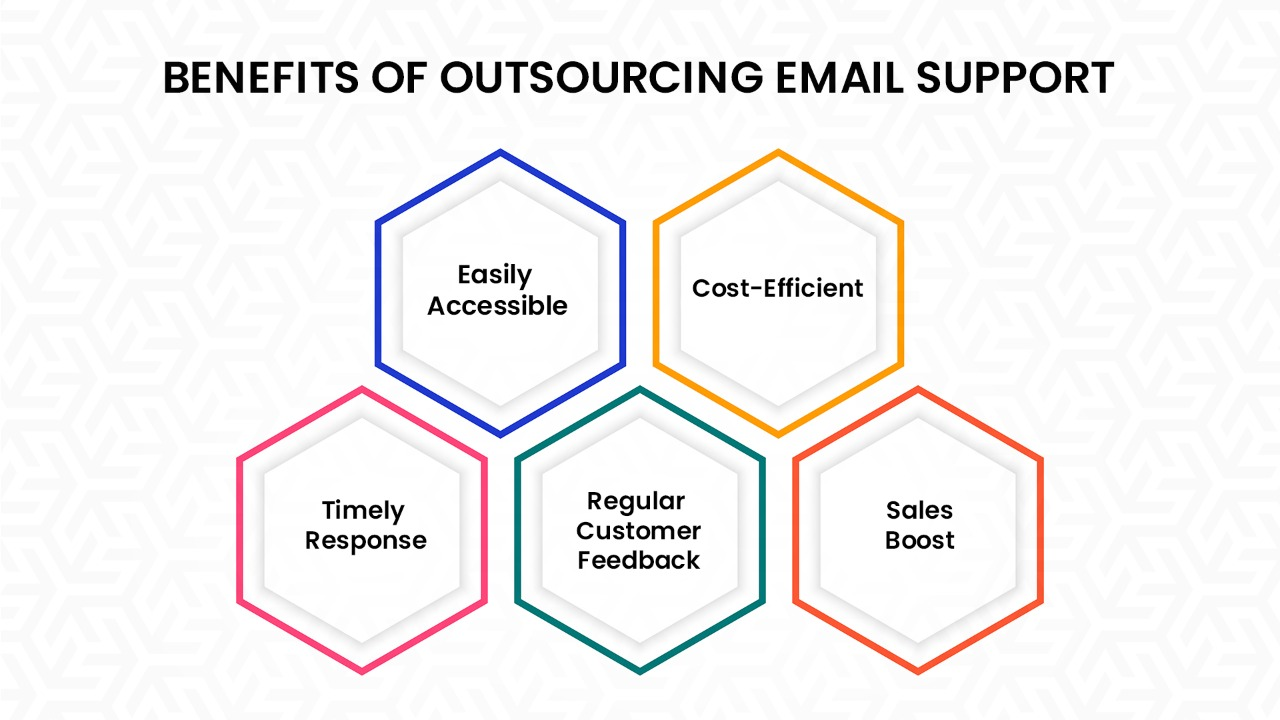AI In Customer Service: Balancing Automation and Human Touch
Preserving the human element in customer service automation is a topic of rising discussion as we move closer to using AI for efficiency and innovation. We will delve into how AI is changing our work, expanding our skills, and occasionally introducing new complexity as we explore this conversation in this post. Finding the finest ways to employ technology without sacrificing the essential human aspect is the aim. The journey of AI is a fascinating story of innovation and evolution. It began as a fledgling concept in science fiction, a thought experiment, but has quickly become a cornerstone of modern business practices. The goal is to create a future in which human connection, empathy, and creativity coexist with efficiency.
AI’s role
At first, artificial intelligence was only used for routine automated jobs like email sorting and basic data entry. AI’s skills developed along with technology, making it a potent instrument for difficult problem-solving and judgment.
AI today
Nowadays, AI is more than just a back-office helper. It is critical in many industries, including healthcare (for disease diagnosis) and finance (for investment strategy development). Artificial intelligence (AI) is an excellent business ally due to its ability to quickly analyze massive amounts of data, show trends, and learn from mistakes. So, the history of AI In Customer Service will undoubtedly continue to evolve with new developments and applications as time passes. Of course, new questions emerge, as do innovative solutions. We are all involved in this story, which is changing the face of employment in the future.
First, let us examine what technology offers before delving into some novel issues.
Benefits Of AI at the Customer Service
The benefits of AI are becoming more widely recognized as it is incorporated into the workplace and improves operations in several crucial areas, including:
- Increase in Efficiency: AI excels at automating repetitive tasks like meetings, planning, and data sorting, freeing up workers’ time to focus on complex and innovative work. This simplifies processes and reduces the likelihood of human error in jobs that require repetition.
- Data Analysis and Decision Making: One of the most powerful applications of AI is its ability to quickly process and analyze large datasets. This capability allows businesses to gain insights, predict trends, and make more informed decisions faster.
- Personalization: The ability of artificial intelligence to personalize marketing and customer service experiences is game-changing. The modern customer has come to expect more personalized service and is perfectly designed to provide it. From recommending products based on user behavior to providing personalized customer support, AI helps enable businesses to tailor their services to individual needs and helps increase customer satisfaction and loyalty.
AI helps in improving efficiency, insight, and personalization, we must also ensure that the human aspects of creativity, empathy, and ethical judgment remain central to our business practices. The power of artificial intelligence in customer service is its ability to augment rather than replace human abilities.
Challenges: Integrating AI
AI can be extremely beneficial in customer service, but it is difficult to implement. So, recognizing and addressing these types of issues is important to ensure a smooth transition and a healthy balance between AI and human employees.
- Job Displacement: So, the most pressing issue while adopting AI is the threat of job displacement. As AI helps in automating specific tasks, it should be viewed as a tool that supplements and enhances human-centric AI. So, businesses must invest in training and re-skilling programs helping employees transition to new roles and collaborate effectively with AI.
- Privacy and Ethical Issues: AI raises significant ethical and privacy concerns. AI uses data in a way that must be transparent to ethical standards. Companies must create clear policies and guidelines to ensure that AI applications respect privacy rights and ethical boundaries.
- Dependency on Technology: AI also requires employees to develop more critical thinking and problem-solving skills. Maintaining a balance in which AI helps decision-makers is critical.
Read Also – How Can AI Actually Skyrocket Your Omnichannel Customer Support?
Balancing AI and Human Workflow
Achieving the right balance between AI and human workflow is critical to harnessing the benefits of technology while preserving the value of human skills. Some strategies to create this equilibrium:
- Collaborative Module: Encourage a collaborative model where AI tools and human employees complement each other. For instance, AI can handle data analysis while humans interpret the results and make strategic decisions. This model promotes a constructive collaboration that uses the strengths of both AI and human workers.
- Training and Education: Investing in training and education is critical. Equip your workforce with the necessary skills to collaborate effectively with AI. This could include data literacy training, AI oversight, and AI tools to improve productivity. Ensuring employees’ knowledge and skills boosts their confidence and adaptability in an AI-enabled workplace.
- Adapting Leadership and Management: The incorporation of AI into the workforce causes an evolution in leadership and management styles. Leaders must be able to manage hybrid teams including AI tools and human employees, focusing on developing human skills, encouraging innovation, and ensuring ethical AI use.
- Promoting a culture of continuous Learning: In an AI-powered workplace, learning and adaptation are continuous processes. So, cultivating a culture that values continuous learning and adaptability ensures that the workforce is agile and can evolve in response to modern technologies.
By implementing these strategies, organizations can create a workplace where AI and human employees coexist and thrive, bringing out the best in each other. It helps in creating a more humane and innovative future of work.
Read Also – Unlock Customer Engagement in the AI (Artificial Intelligence) Assistant Era
Future of AI in the Customer Service
As we look ahead, the role of AI in customer service is poised to grow, bringing both challenges and opportunities. Here is what we can predict for the future of AI in a professional environment:
- Expansion into New Industries: AI reach will extend into new sectors, such as education, where it could personalize the learning experience, or in environmental science, aiding climate change research. These expansions will open new avenues for AI applications, further integrating technology into diverse aspects of work and life.
- The Emergence of New Roles: As artificial intelligence advances, new job roles will inevitably arise. Among these positions are those of AI trainers, who instruct AI systems on how to be ethicists and guarantee that AI applications adhere to social norms. The AI In Customer Service requires a blend of technical and soft skills, emphasizing the importance of adaptability and continuous learning.
- Enhanced collaboration between AI and Humans: The future will see more sophisticated collaboration between AI and humans. This might involve an AI system that can better understand and predict human needs, leading to more intuitive and supportive collaborations.
- Increased Focus on Ethical AI: AI is becoming more integrated into our daily lives, so there will be a greater emphasis on developing and supporting ethical AI systems. This includes protecting data privacy, preventing biases in AI algorithms, and making AI decisions transparent and accountable.
- Continued Need for Human Skills: Apart from the advancement in AI, the need for human skills like critical thinking, creativity, empathy, and ethical judgment will remain paramount. These skills will be essential in managing and directing AI applications and ensuring that technology enhances rather than detracts from human experiences.
The future of customer service is about more than just technological advancement; it is about creating a future that uses technology to improve human capabilities and experiences. These efforts are aimed at creating a balanced, ethical, and collaborative environment in which AI and human talent are valued and developed together.
Read Also – Enhancing the Customer Experience with AI Powered Chatbot: The Ultimate Game-Changer
Conclusion
The rise of AI In Customer Service presents a transformative journey, one that intertwines innovation with the preservation of essential human qualities. As AI continues to evolve, it offers many benefits, including increased efficiency, insightful data analysis, and personalized experiences for customers. However, alongside these advantages come challenges such as job displacement, ethical concerns, and the need for ongoing skill development.
To navigate these challenges and fully harness the potential of AI, organizations must strive for a harmonious balance between technological advancement and human ingenuity. This can be achieved through collaborative models that use the strengths of both AI and human workers, investments in training and education to enhance workforce skills, and adaptable leadership that fosters innovation and ethical AI use.
In the ever-evolving landscape of AI, JindalX stands as a beacon, championing a harmonious integration of technology and human ingenuity for a future of innovation and excellence.





Comments
Post a Comment